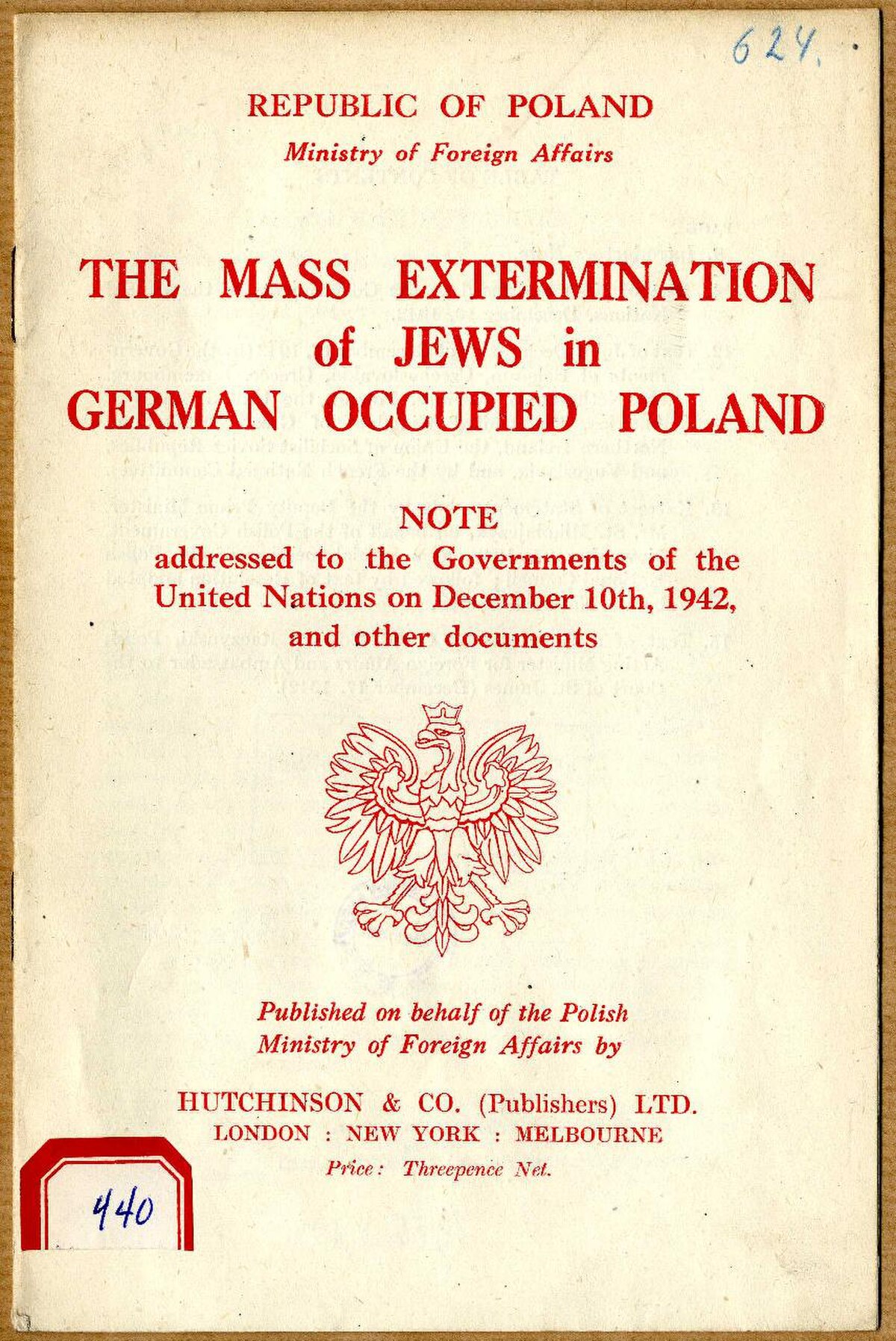B
basilrobbie
Guest
It is 76 years this week since the first news of the atrocities in Poland and Germany started to emerge ; though many people living in Germany knew that something untoward was going on, the sheer scale and barbarity of it was a huge shock then - and still is now.
It would be nice to think that it was a watershed moment, and marked the end of genocide as a policy option. However, subsequent events in places like Rwanda, Burma, the former Yugoslavia, Syria and (more recently) China prove that our capacity for bestial behaviour towards one another continues.
It also serves to illustrate the danger of populist Governments lead by demagogues. How they get their hands on the levers of power is less important than what they then do with them. The polarisation of political debate continues to be extremely dangerous for everyone.
RIP to the victims, whose only "crime" was to be in the wrong place, at the wrong time
It would be nice to think that it was a watershed moment, and marked the end of genocide as a policy option. However, subsequent events in places like Rwanda, Burma, the former Yugoslavia, Syria and (more recently) China prove that our capacity for bestial behaviour towards one another continues.
It also serves to illustrate the danger of populist Governments lead by demagogues. How they get their hands on the levers of power is less important than what they then do with them. The polarisation of political debate continues to be extremely dangerous for everyone.
RIP to the victims, whose only "crime" was to be in the wrong place, at the wrong time
Last edited by a moderator:

